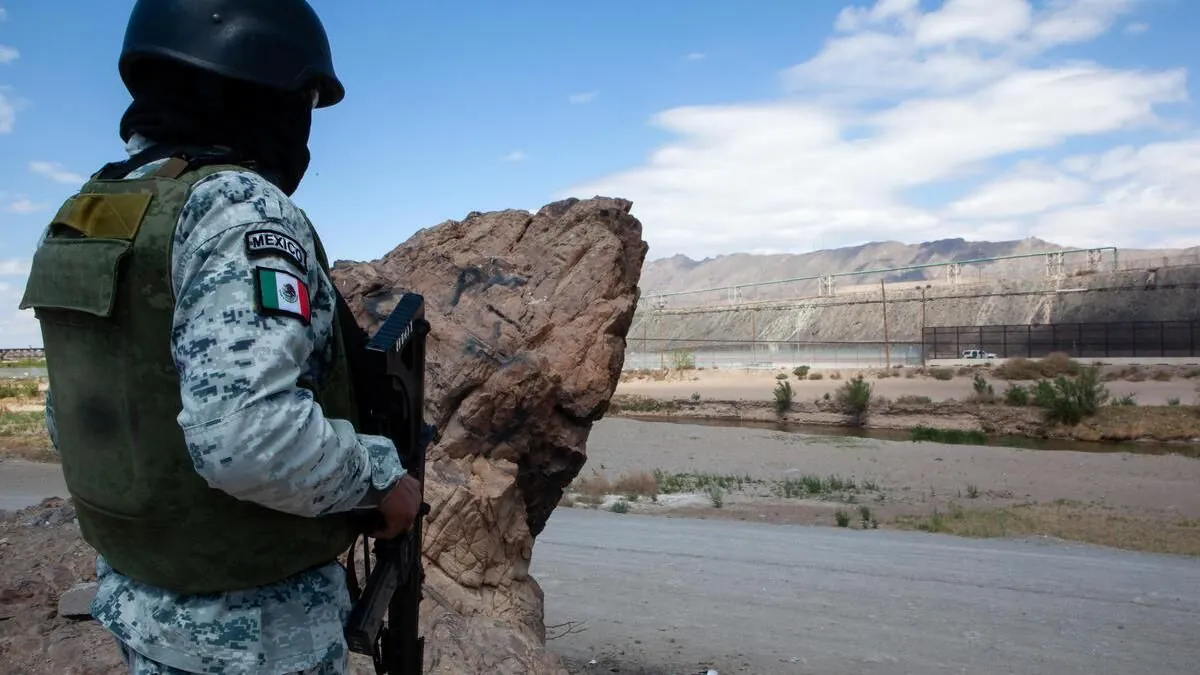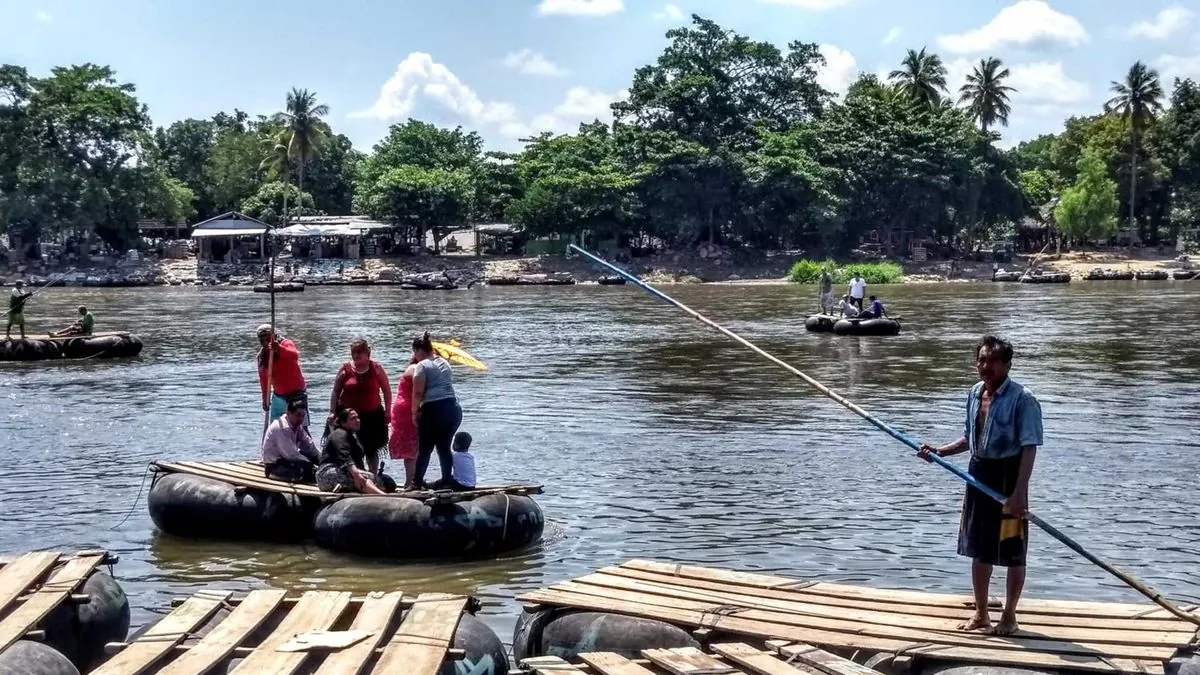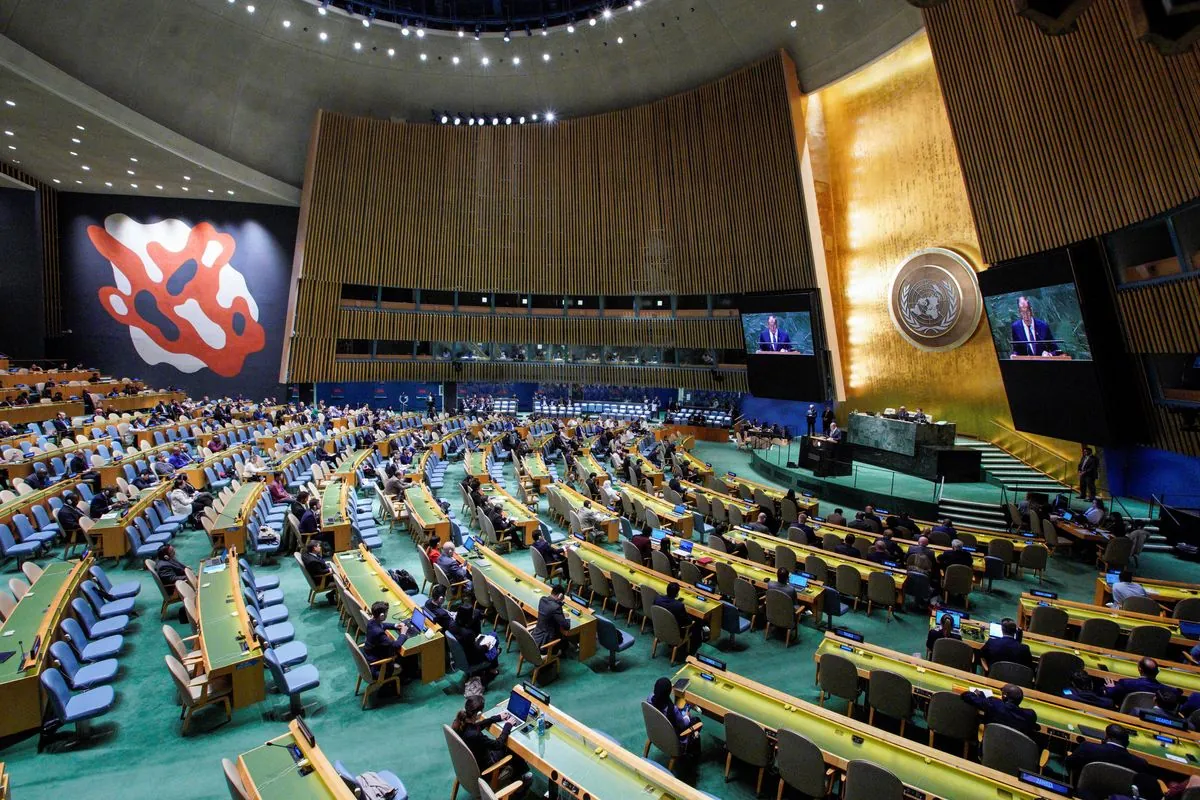Tragic Incident in Chiapas: Six Migrants Killed in Military Shooting
Six migrants from Egypt, El Salvador, and Peru died after Mexican soldiers fired on their vehicle in Chiapas. The incident highlights border tensions and security challenges in southern Mexico.

On October 1, 2024, a tragic incident occurred in Mexico's southernmost state of Chiapas, resulting in the deaths of six migrants. President Claudia Sheinbaum confirmed that the victims were from Egypt, El Salvador, and Peru, highlighting the diverse origins of individuals seeking passage through Mexico.
The event took place near Mexico's southern border, which spans approximately 871 kilometers along the frontier with Guatemala. This region, known for its dense jungle terrain, has become a focal point of tension as Mexico faces increasing pressure from the United States to curb migration flows.
Sheinbaum addressed the incident during her regular morning press conference on October 3, 2024, stating:
"It's a regrettable event and it must be investigated and punished. A situation like this cannot be repeated."
The President's comments underscore the gravity of the situation and the need for accountability. The incident involved a pick-up truck carrying 33 migrants, which Mexican soldiers fired upon, resulting in six fatalities and ten injuries.
Mexico's defense ministry reported that the soldiers opened fire after the vehicle attempted to evade a military patrol. They also claimed to have heard explosions prior to the shooting. However, Sheinbaum refrained from commenting on these details, emphasizing that an investigation by the attorney general's office was underway.
This tragic event sheds light on the complex challenges Mexico faces in managing migration. Since 2019, the country has implemented stricter immigration policies and increased military involvement in enforcement efforts. The creation of Mexico's National Guard in 2019 was partly aimed at addressing migration issues.
Chiapas, with its capital Tuxtla Gutiérrez and a population of about 5.5 million, plays a crucial role in migration patterns. The city of Tapachula, located in Chiapas, serves as a major transit point for migrants. The state's proximity to Guatemala, with the Suchiate River forming part of the international border, makes it a key area for those seeking to enter Mexico.

The incident also highlights the security crisis in southern Mexico, where territorial disputes between powerful drug cartels have led to increased violence. This region has become notorious for human trafficking activities, further complicating the already challenging migration landscape.
Mexico's role as a transit country for migrants heading to the United States has been significant since the 1990s when the two nations began cooperating on migration control. In 2018, Mexico signed the UN's Global Compact for Safe, Orderly and Regular Migration, demonstrating its commitment to addressing migration issues on an international level.
However, the Mexican government has faced criticism for its treatment of migrants. The involvement of the military in immigration enforcement has raised concerns about human rights and the potential for incidents like the one in Chiapas.
It's worth noting that Chiapas, despite its strategic importance, remains one of the poorest states in Mexico. The region has a rich history, including a significant presence of the Mayan civilization. Today, it is home to the Zapatista movement, which advocates for indigenous rights.
As investigations into this tragic event continue, it serves as a stark reminder of the ongoing challenges in managing migration, ensuring security, and protecting human rights along Mexico's southern border.


































